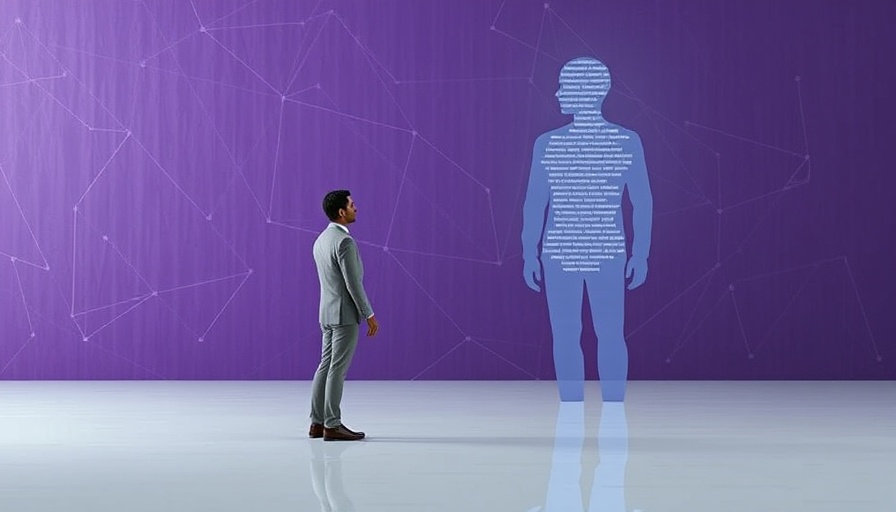
Understanding the Emotional Impact of ChatGPT
OpenAI has recently shed light on a pressing question for the millions of users engaging with ChatGPT each week: how does interaction with this AI model impact our emotional well-being? Collaborating with the esteemed MIT Media Lab, researchers set out to unravel the relationship between technology use and emotional states, revealing noteworthy insights specifically focused on how men and women experience interactions differently.
The Gender Divide: Different Reactions to ChatGPT
In their study, which included an in-depth examination of nearly 4,076 users over four weeks, researchers found significant disparities in emotional responses. Female participants showed a tendency to socialize less after engaging with ChatGPT compared to their male counterparts, who demonstrated more sociability. This variance highlights the need for further exploration into how gender influences technology interaction. Notably, users who selected a voice mode incompatible with their gender identity reported heightened feelings of loneliness and an emotional dependency on the chatbot, indicating a nuanced layer of emotional interaction that warrants attention.
ChatGPT: A Companion or Just a Tool?
Unlike other AI companions like Replika that are designed for emotional engagement, ChatGPT has primarily been marketed as a productivity tool. However, many users have turned to it for social interaction, which creates a distinctive dynamic. As highlighted by Kate Devlin, a professor of AI and society, the tool's unexpected roles could lead users to develop attachments, raising questions about long-term emotional effects.
Exploring the Emotional Feedback Loop
The research aligns with previous findings on how chatbots, including ChatGPT, can reflect the emotional states of users. If someone communicates with the AI in a positive or negative manner, the response tends to echo those sentiments, creating a two-way emotional interaction. This feedback loop creates significant implications for how users might perceive their emotional welfare after regular interactions with the AI.
The Challenges of Emotional Research in AI
As groundbreaking as OpenAI's research is, it comes with inherent challenges. Much of the data collected relies on self-reported feelings, which can be subjective and unreliable. Nonetheless, the quantity of interactions—close to 40 million—provides an invaluable database for studying human-AI interaction, yielding insights that are both timely and vital. The study showcases a shift in understanding the emotional consequences of ChatGPT usage amidst the backdrop of 2025's tech trends.
The Future of Emotional AI: Emerging Insights and Trends
As AI technologies continue to disrupt our daily lives, understanding their emotional implications becomes crucial for professionals in various fields, including healthcare, finance, and sustainability. Engaging with emerging technologies like ChatGPT certainly brings forth improvements in productivity, but the emotional landscape it creates for users might redefine the way we interact with AI. Future research will need to delve deeper into how these relationships shape moods, social interactions, and ultimately, mental health in a digitized world.
This growing field of study offers actionable insights into the emotional dynamics of technology use, presenting opportunities for professionals to develop programs and approaches that can positively influence user experiences. With tech trends evolving rapidly, being attuned to such nuances could be a significant factor in future technology development and implementation.
 Add Row
Add Row  Add
Add 



 Add Row
Add Row 


 Add
Add 

Write A Comment